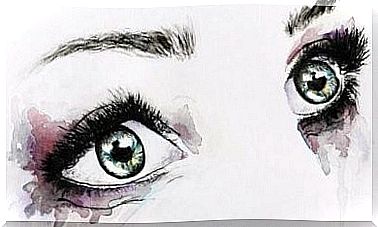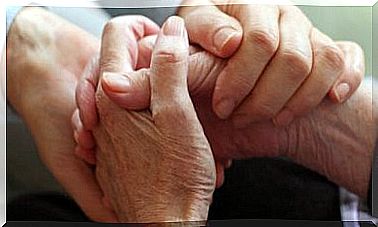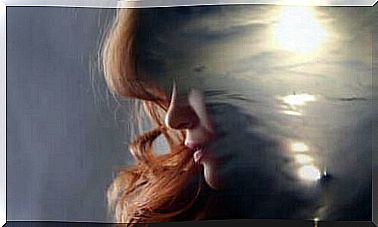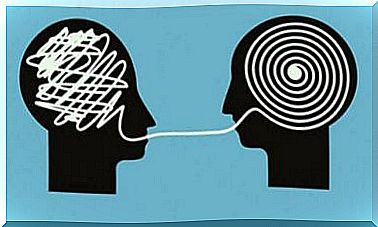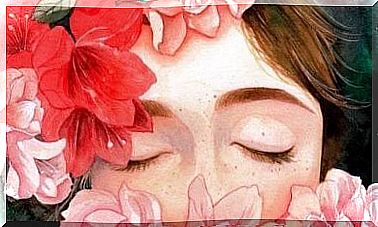The Questions Of Anxiety

Anxiety is a condition that arises from the belief that a threat or danger exists in our environment; a danger we must flee from or confront if we are to survive.
At the moment it is described as a negative condition we should not feel because of the unpleasant physiological symptoms it causes and because it hinders our freedom. But the truth about anxiety is that if it is managed properly, it is a healthy and adaptable feeling that we would not survive without.
Nowadays, many people around the world suffer from anxiety, and it manifests itself in many different ways. But everyone has a common fact: the individual who experiences it interprets reality as if something horrific, threatening and catastrophic is about to happen.
People with anxiety no doubt believe that something bad is on the way. They must prepare for it, whether it means fleeing and keeping themselves safe or by fighting and defending themselves.
Usually, the negative thoughts generated by anxiety take the form of questions. The questions of anxiety are aimed at confirming our own convictions, regardless of whether there is a need for recognition, perfection, security, etc.
From this point of view, these emotions have the function of helping us achieve our goals, which in the case of anxiety is to flee or attack, and it does this through our behavior. But when we are anxious to unhealthy degrees, we find that this feeling is no longer helpful. Instead, it prevents us from achieving goals and generates setbacks for us.
The key to avoiding this is to change our interpretations while modifying our behavior. To do this, we must be able to discover our own beliefs. We must question them, debate them and replace them with those based on truth and reality.
We mentioned above that anxiety often communicates with us by asking questions that arouse and activate us on a physiological level. The questions of anxiety tend to be negative, and their purpose is to filter reality so that we consider only the small possibility of danger, which is of course seen as very likely.
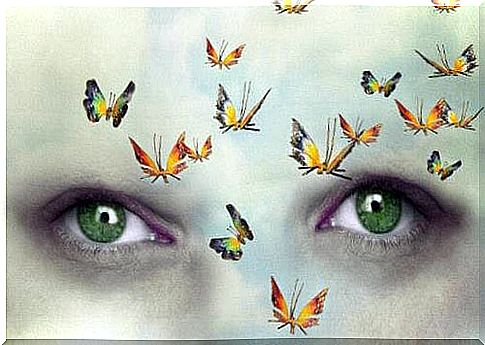
Anxiety always tends to ask about that little possibility. But in the case of generalized anxiety, the possibility of danger expands to a number of different situations in your daily life. This greatly hinders the person’s daily life.
“What if?” appears everywhere (in connection with your children, your love partner, circumstances in the environment, work…). This forces you to stay on the alert for too long and under too many circumstances, without either physical or mental rest.
The victims feel as if they have to worry that these possible disasters, even though they are unbelievable, will not happen. And in the end, they discover that the anxiety that invades them is what they should really worry about.
Here, individuals experience anxiety due to symptoms of their own anxiety. It’s like a boy who’s afraid of his own shadow. The more he runs, the more it chases him.
The questions revolve around the catastrophic consequences of the physiological manifestations of anxiety. These can be similar to certain diseases and can even make them think that they are going crazy or that they are going to die. There are people who are also afraid of fainting or making fun of people. This causes them to increasingly avoid going out, which reinforces their agoraphobia.
When it comes to hypochondria, the questions of anxiety do not completely unexpectedly revolve around the possibility that we may become ill. It also adds death to the equation. To try to curb this fear, we undergo examinations over and over again or avoid going to the doctor altogether. In this way, we will not find out that we are sick even if we are, and will therefore not have to endure that discomfort.
In social anxiety , our inner devil constantly asks us what would happen if we did away with ourselves, if we have nothing to say, if we fail or what others should think of us.
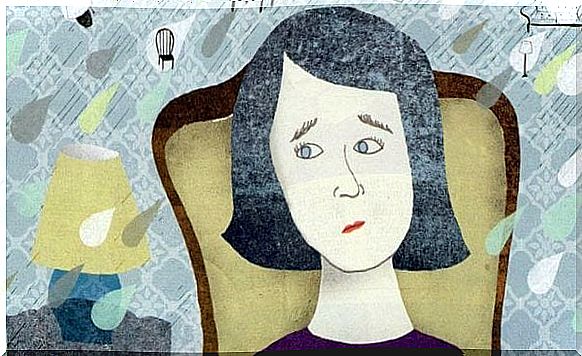
This bombardment of questions makes us react with fear. We blush with shame, sweat, stutter and are also afraid that others will notice these symptoms. Because this makes us feel “weaker”. In the end, we flee from “dangerous situations”, which confirms that it is our only choice.
As we just pointed out, anxiety is a little inner devil who loves to keep us alert, see us sweat, shake, blush or hyperventilate. This devil enjoys asking negative questions or telling us that everything is dangerous and that we should just run away.
The less attention we give it, the more tiring it will become. Slowly it begins to leave us alone. The key is to look it straight in the eye, accept it and tell it that we know all its tricks. But this time we have the upper hand. We are not going to let ourselves be intimidated so easily.
Challenge this little devil. Question it and do not believe it, for it is a great liar. But even if the questions of anxiety may make you feel uncomfortable, uncomfortable or scared, you should always remember that they are nothing more than an interpretation of reality. Remember that the symptoms are only a product of a feeling that deep down just wants to help us.
